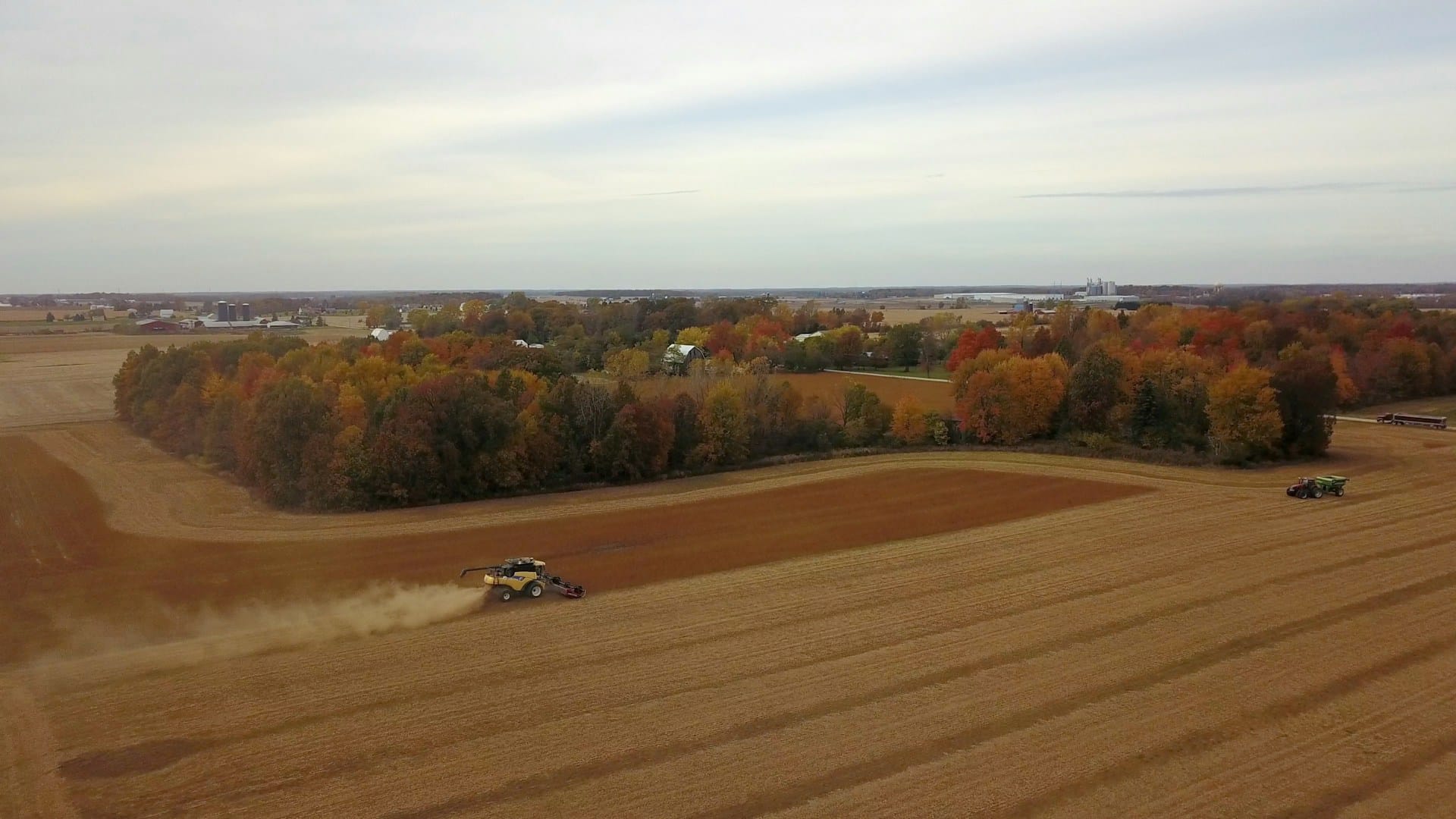In November, Rep. Kevin Brady, chairman of the House Ways and Means Committee, introduced tax legislation that included the set of provisions known as “extenders.” Most of these provisions provide tax relief for interests connected to the energy sector. Rep. Brady’s bill quickly stalled after release, but the list of tax extenders is likely to reappear attached to must-pass legislation in the near future, as it has seven times before since 2008. Most recently, the tax extenders caught a ride on the Bipartisan Budget Act of 2018 (BBA), which passed in February at the hefty one-year cost of $13 billion. The makeup of the latest list, however, differs in several ways from those that have passed in recent years.
UPDATE: two subsequent version of the bill were introduced on Dec. 10 and 17. The first included none of the extenders. The second included only the biodiesel extension and phase-out and a provision to make the railroad track maintenance credit permanent. It’s unclear whether any version of the bill will pass before the 116th Congress takes over in January, but the extenders are likely to resurface early in 2019.
Here’s a quick breakdown of what’s new and what’s not in the list of energy extenders:
- A shorter list. Compared to recent extenders packages, the list of provisions in the Brady bill is quite a bit shorter. No, it’s not because legislators have finally seen the light and pared down the list based on relative merit. Rather, generous long-term extensions for certain provisions in previous legislation have made their inclusion in the recent package unnecessary. The provisions not on the list this time around include:
- The nuclear production tax credit (expanded and extended indefinitely in the 2018 BBA)
- Expansion of the 45Q carbon dioxide sequestration credit (expanded and extended in the 2018 BBA)
- The investment tax credit for certain energy property including fiber-optic solar, fuel cells, microtrubines, combined heat and power systems, qualified small wind, and geothermal pumps. These credits for both businesses (Sec. 48) and individuals (Sec. 25D) were mostly extended and phased-out through 2021 in the BBA.
- Same, short extension. Like the BBA of 2018, which predominantly extended provisions one year retroactively through 2017, the Brady bill proposes extending the provisions’ expiration only through the end of 2018. Longer would not be better, but retroactive extensions give the lie to the idea that these tax measures encourage economic activity. You can’t encourage something to happen in the past.
- A big biodiesel buy-out. As its biggest shift, the Brady bill proposes to extend and phase out a set of credits referred to as “Incentives for Biodiesel and Renewable Diesel” through 2024, rather than continuing to extend them periodically with the other extenders. The credits include the biodiesel credit, the biodiesel mixture credit, the small agri-biodiesel producer credit, and the biodiesel mixture excise tax credit. Renewable diesel qualifies for each of these except the small producer credit.
These subsidies for the biodiesel industry have been some of the most expensive energy extenders every year. Their one-year extension in the BBA of 2018 cost $3.3 billion. Getting the credits off the books will save taxpayers down the line, but the long phase-out period would be an expensive goodbye with an estimated 10-year cost of $17 billion.
Letting the credits expire, like similar incentives for alcohol fuels before them, would be welcome, but plenty of other biofuels subsidies are still on the books. A similar set of credits for alternative fuels (including those from biomass), a credit for alternative fuel vehicle refueling property, a special depreciation allowance for cellulosic ethanol plants, and a cellulosic production credit are all still included in the list of extenders with a combined one-year cost of $4.7 billion.
- Black Lung Excise Tax. Unlike the other extenders, which reduce the taxes owed by eligible taxpayers, decrease revenue to the U.S. treasury, and thereby increase the budget deficit, the Black Lung Disability Trust Fund Excise Tax provision would decreases the budget deficit.
- Background The federal Black Lung Program was established in 1969 to compensate coal miners completely disabled by pneumoconiosis (aka “Black Lung Disease”), or their beneficiaries if it’s fatal, when the responsible coal mine operator skips out on payments. A per-ton excise tax was created to fund the program in 1977, but the revenue generated by the tax was not sufficient to meet program obligations. The rates were doubled “temporarily” in 1981, increased again in 1985, and extended through 2013 in legislation enacted in 1987. In the 2008 Bailout, the increased excise tax rates of $1.10 and $0.55 per ton of coal from underground and surfaces mines respectively was extended through the end of 2018.
- Now When revenues aren’t enough to cover benefit payments, the Black Lung Disability Trust Fund borrows from the U.S. Treasury. Under current projections, the Trust Fund will never pay off that debt and will continue siphoning off taxpayer dollars. The GAO estimated in May that the debt would total $15.4 billion by 2050 if nothing changes. The provision in the Brady bill would simply extend the $1.10 and $0.55 per ton rates for one year through 2019. That alone will decrease the deficit by $169 million, according to the Joint Committee on Taxation. Even if the provision passes, the rates would need extending again for the Trust Fund to become self-sustaining.
List of all Energy Extenders:
- Special Rule to Implement FERC or Electric Transmission Restructuring
- Credit for Construction of Energy Efficient New Homes
- Mine Rescue Team Training Credit
- Election to Expense Mine-Safety Equipment
- Credit for Nonbusiness Energy Property
- Alternative Fuel Vehicle Refueling Property
- Incentives for Alternative Fuel and Alternative Fuel Mixtures
- Incentives for Biodiesel and Renewable Diesel
- Credit for Electric Drive Motorcycles, Three-Wheeled, and Low-Speed Vehicles
- Cellulosic Biofuel Producer Credit
- Credit for Production of Indian Coal
- Construction Date for Eligible Facilities (Including Wind) to Claim the Electricity Production Credit
- Election to Claim the Energy Credit in Lieu of the Electricity Production Credit
- Special Depreciation Allowance for Cellulosic Biofuel Plant Property
- Energy Efficient Commercial Buildings Deduction
- Alternative Motor Vehicle Credit For Qualified Fuel Cell Vehicles
- Oil Spill Liability Trust Fund Financing Rate
- Black Lung Disability Trust Fund Excise Tax











Get Social